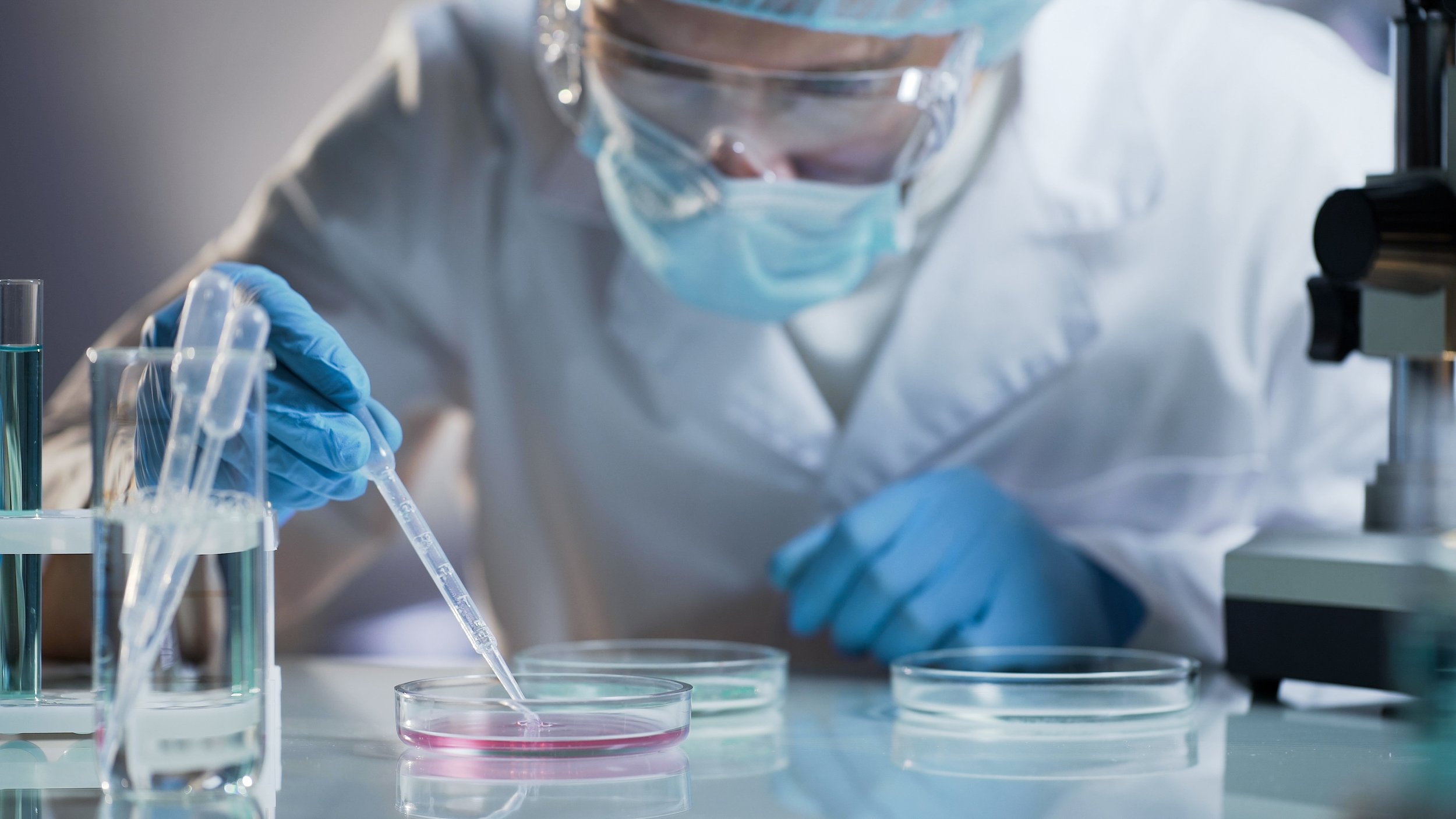Science Wins Swiss Animal Test Ban Vote
/Far from ideal, animal testing remains important to research – but we need alternatives
Swiss voters this month rejected a proposal by animal rights activists to make Switzerland the first nation to ban animal testing for medicine.
Just 21% of voters favored the ban, while 79% opposed.
It may seem like a setback for animal rights advocates, but the referendum results actually make sense because – even though animal testing is far from ideal – the world has no real replacement for it.
Animal testing is done to make sure products are safe for human consumption. Many governments require toxicity testing on animals for pesticides, industrial chemicals, drugs, medical devices, vaccines, genetically modified foods and some consumer products, such as cosmetics.
It’s not clear how many animals are used in this research each year. The Humane Society estimates the number is more than 115 million worldwide. People for the Ethical Treatment of Animals says that it’s more than 110 million in the U.S. alone.
While discussions about animal testing tend to revolve around ethical questions, they often overlook an important – and, arguably, THE MOST IMPORTANT issue: Animal testing does not reliably predict how products will affect people. For example, science has cured a number of brain disorders in mice, but has yet to do it in people.
Animals and humans are biologically different in significant ways. Studies have found that some flawed or even dangerous substances may be approved for human trials because they did not harm animals. But that only slows down the drug development process. As one analysis found, 9 out of 10 drugs approved for use in humans after animal testing were ultimately found to be ineffective or harmful during clinical trials.
Imagine the years and billions of dollars wasted on research and clinical trials undertaken because animal studies found a therapy to be promising.
The problems with animal testing are painfully familiar to science. In fact, the federal government has been working on ways to speed the process and reduce its cost.
One approach is to replace animals with algorithms. Researchers are working on computational models to process enormous amounts of research data to predict how certain products will affect an organism.
Another approach is to artificially grow human cells on structures embedded on plastic chips, to essentially manufacture small structures that imitate the functioning of a human heart, liver, kidney or lung. Known as organs-on-a-chip, these manufactured organs could revolutionize how we test the effect new therapies have on human cells.
What seems clear from the research is that animal studies have become less reliably predictive as medical therapies become more complex. Work to find a better, more efficient alternative is critical.
And, once a superior alternative to animal testing is developed, maybe the people of Switzerland can again consider ending the practice.



